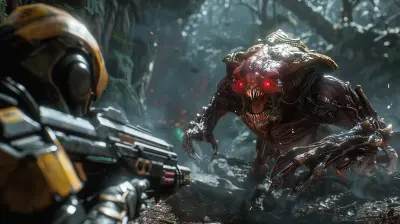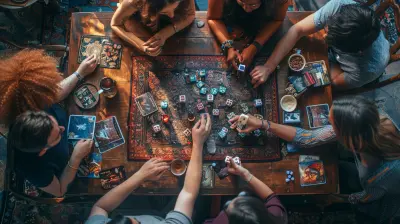Game Preservation and Why It Matters
20 November 2025
If you're a hardcore gamer, a casual player, or even just someone who dabbled in a few childhood titles, you've likely noticed something odd—many classic games from just ten or twenty years ago are becoming harder and harder to find, let alone play. It's like they’re vanishing into thin air. And that, my friend, is exactly why game preservation is such a hot topic right now.
So what does "game preservation" even mean, and why should you care? Let’s dive into it.
What Exactly Is Game Preservation?
Game preservation is all about saving video games for future generations. It's the act of keeping old games playable and accessible, whether through emulation, remasters, re-releases, or digital archiving. It might sound like a geeky museum project, but it’s so much more than that.Think of video games as digital history books or time capsules. Just like we preserve films, books, and artwork to understand our culture and creativity over time, we need to do the same with games. Because let’s be honest—games are art too.
But here’s the catch: preserving them isn’t nearly as easy as it sounds.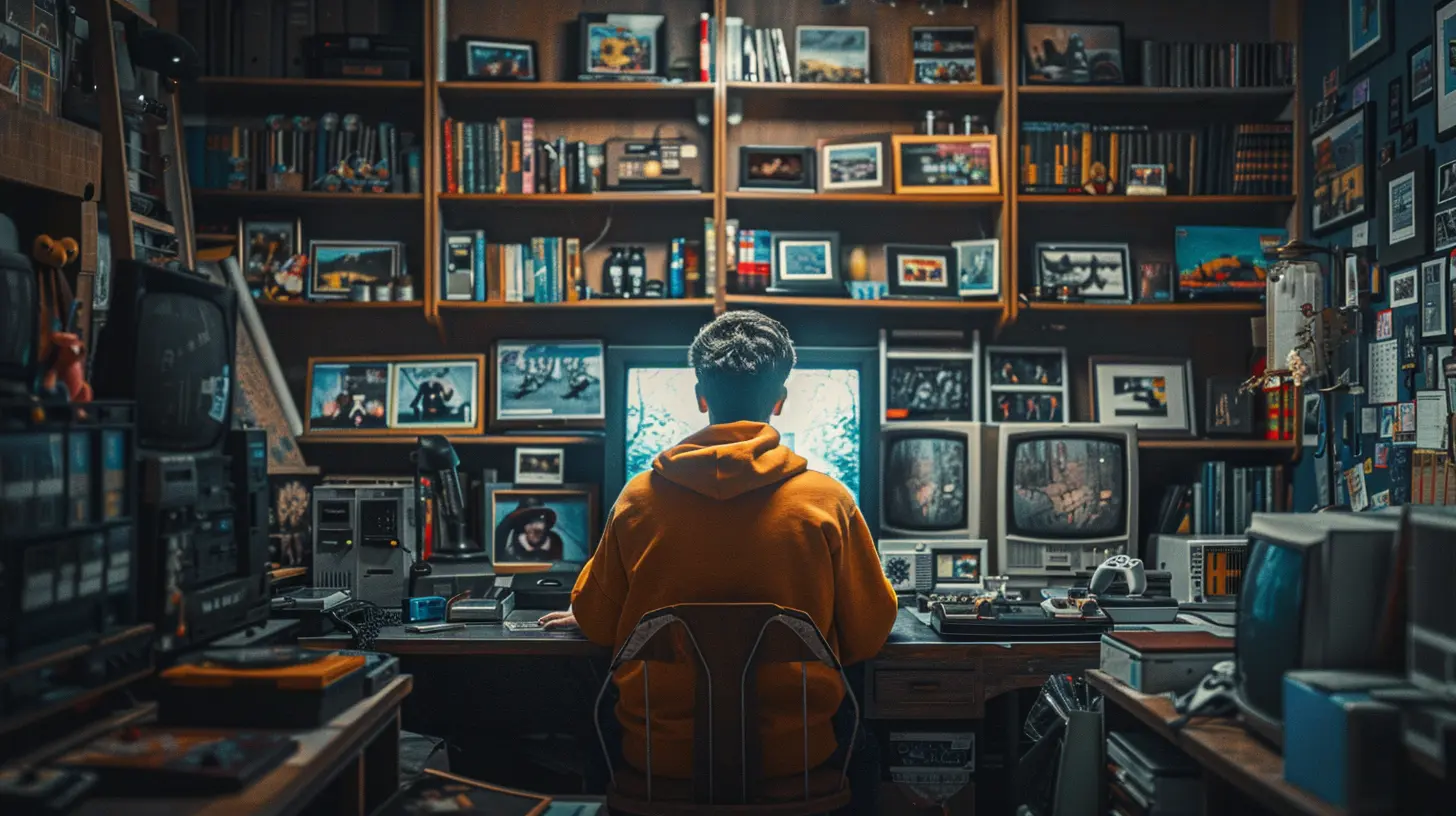
Why Is Game Preservation So Important?
1. Video Games Are Cultural Artifacts
Video games aren’t just entertainment—they reflect beliefs, technology, storytelling techniques, and design philosophies of their era. Think of "Super Mario Bros." from the '80s or "Final Fantasy VII" in the late '90s. These games didn't just entertain millions—they influenced pop culture, music, movies, and even fashion.Imagine if we couldn’t watch classic movies like Casablanca or Star Wars. You’d feel like a chunk of culture had been erased. That’s what’s happening with games when they’re not preserved.
2. They Provide Valuable Education
Studying old games gives insight into early design mechanics, coding techniques, and even the limitations developers faced. It’s like retro games are textbooks for aspiring devs. Whether someone’s studying how early 3D environments were designed or how storytelling evolved in narrative-driven games, these old titles hold a treasure trove of information.Lose the games, and you lose the lessons.
3. Nostalgia Is Powerful
Let’s be real—half the reason we love replaying classic titles is for the warm fuzzies. Booting up an old game can take someone back to a simpler time, maybe a summer vacation or weekend sleepover with friends. Preserving games means preserving memories. And in a world that moves at breakneck speed, a little nostalgia can go a long way.4. Not All Games Get Re-Releases
Sure, some big-name games get remastered or reimagined, but what about the hidden gems? The obscure RPGs, niche indie experiences, or quirky platformers? Many titles never see the light of day again after their initial release. If no one archives them, they disappear completely.This situation is even worse for games released on failed consoles like the Virtual Boy or Sega Saturn. Some of those titles are legendary, yet nearly impossible to find or play today.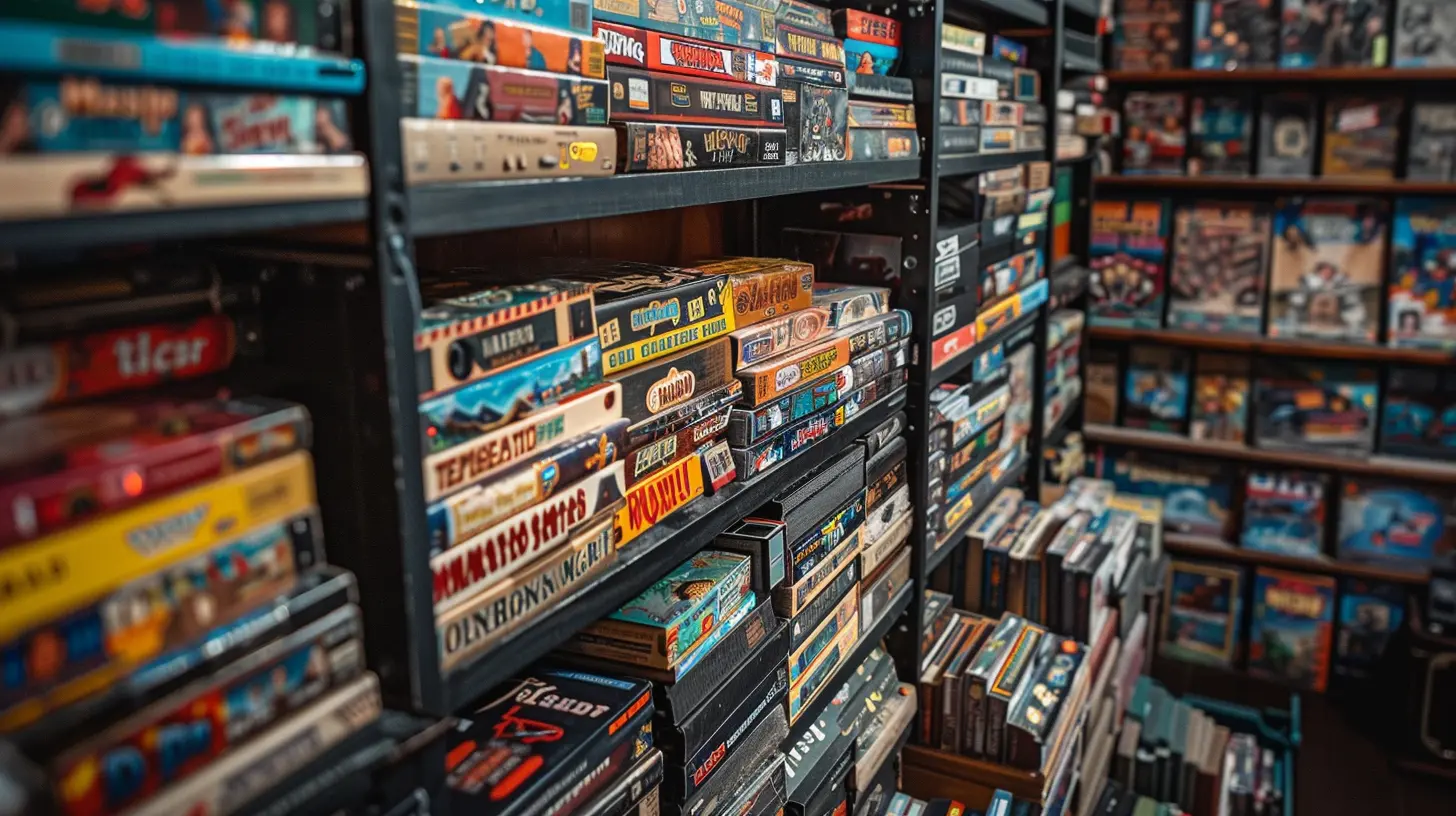
The Grim Reality: Games Are Disappearing
It might shock you, but over 87% of classic games are considered "critically endangered," unavailable on modern platforms. That’s not just a statistic—that’s a red flag.Physical media degrades. CDs scratch, cartridges corrode, and old consoles break down. Meanwhile, digital games are often tied to storefronts that can vanish overnight. Remember the Wii Shop Channel? It’s gone now. Along with it, dozens of digital-only games are no longer accessible—legally, anyway.
And publishers? They don’t always have a great track record of keeping their own history alive. Sometimes the original source code gets lost. (Yeah, really.) Other times, outdated licensing deals mean a game can never be re-released.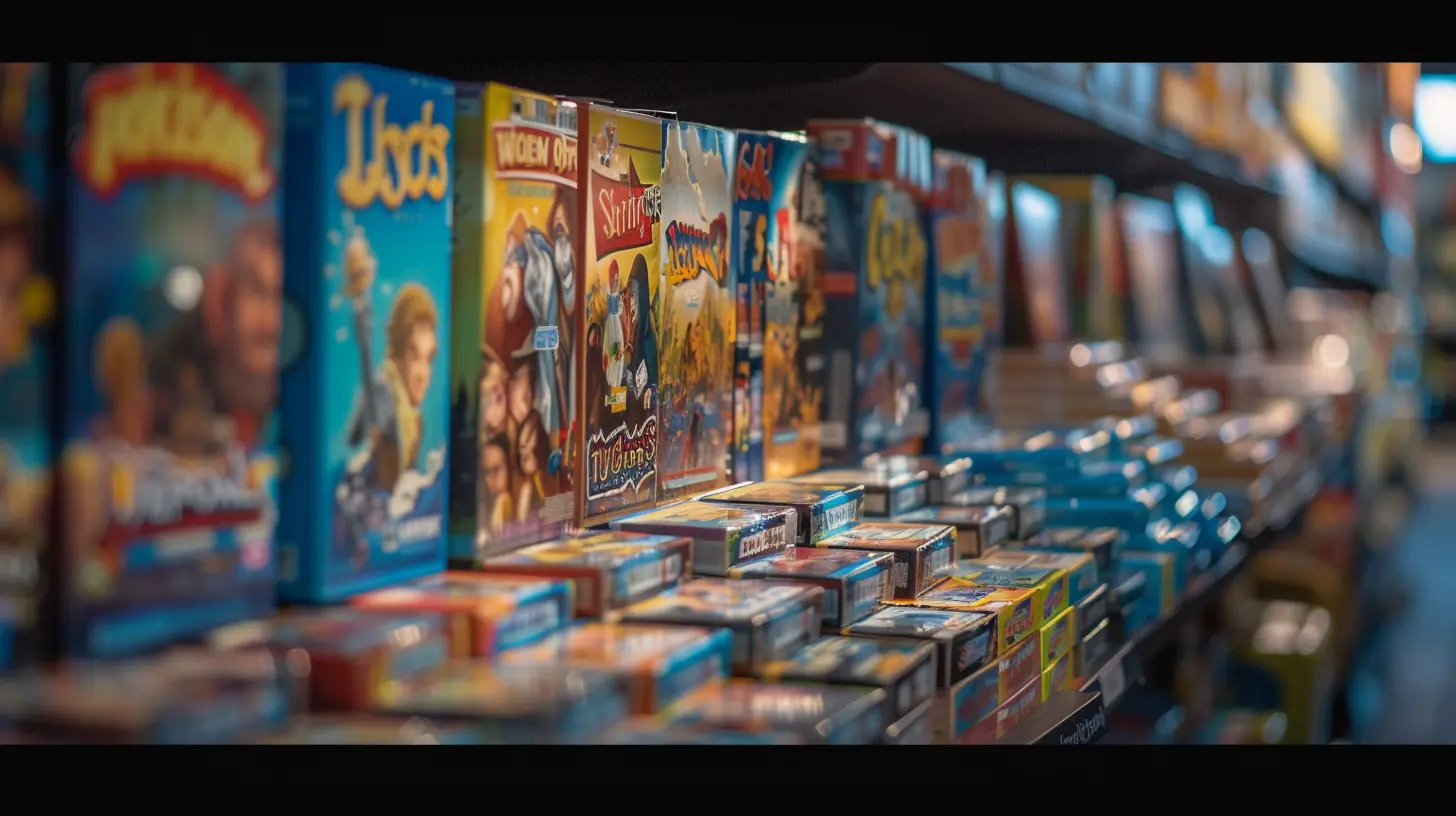
The Role of Emulation and ROMs
Let’s talk emulators and ROMs—the digital backbone of game preservation. They get a bad rap because of piracy concerns, but in reality, they’re often the only reason many games are still playable today.Emulation allows old games to run on modern hardware. Sometimes, it even improves them with better resolution and smoother framerates. Pretty cool, right?
Legal gray area aside, emulation has become a lifeline. Projects like the Internet Archive are already storing massive libraries of old games, accessible via browser-based emulators.
Without these tools, entire generations of games could be lost forever.
Is Game Preservation Legal?
Here’s where things get dicey. Legally, preserving games isn’t always straightforward. Copyright laws are strict (and outdated when it comes to digital media). To legally preserve a game, you often need permission from the copyright holder—which rarely happens unless there’s money to be made.That said, organizations like the Video Game History Foundation and the Library of Congress are pushing to make exemptions for preservation. They're arguing that if a game is no longer being sold or supported commercially, it should be fair game (pun intended) for preservation efforts.
It’s a legal tangle, but progress is happening—slowly.
Game Preservation Isn't Just for Historians
You don’t have to be a museum curator or developer to care about this stuff. Game preservation affects all of us.Think about it this way: If you grew up playing a certain game and wanted to share that joy with your kids or younger siblings one day, wouldn’t it suck if you couldn’t find a working copy? Or worse, if it was completely gone?
Preserving games means keeping the door open for future players to experience their magic. Just like books and movies pass through generations, games should too.
How Can You Help Preserve Games?
Alright, so you’re convinced game preservation matters. Now what?Here are a few simple ways you can help:
1. Support Remasters & Digital Re-Releases
When publishers put effort into re-releasing classic games, support them. Spend that cash. It sends a message that there’s value in keeping old games alive.2. Donate to Preservation Projects
Groups like the Video Game History Foundation, Internet Archive, and others rely on donations to keep doing what they do. Even a small amount can help.3. Educate Others
Most people don’t know these games are vanishing. Share articles, talk about it, raise awareness. The more people know, the more likely things will change.4. Back Up Your Own Games
If you have classic games or consoles, take care of them. Consider backing them up digitally with proper tools. Who knows, your collection might be a lifeline someday.The Future of Game Preservation
So where’s this all headed?There’s a slow but steady shift happening. More people are talking about game preservation, and industry giants are starting to pay attention. Services like Nintendo Switch Online, Xbox Game Pass, and PlayStation Plus now include access to classic titles. That’s a huge leap forward.
There’s also hope that AI and machine learning might play a role in automatically enhancing and emulating old games in the future. Imagine uploading a jagged old pixel title and getting a smooth, modernized version—automatically!
Still, there's a long way to go. Preservation needs to be built into the development process, and companies need to stop treating games like disposable commodities.
Final Thoughts: Don’t Let Games Fade Away
Game preservation isn’t just some niche concern. It’s about protecting art, history, creativity, and nostalgia, all wrapped in one. Games aren’t just digital files; they’re experiences, memories, connections—and they’re worth fighting for.Imagine a world without The Legend of Zelda, Chrono Trigger, or Half-Life. Sounds bleak, right? That’s exactly why we need to preserve games now, before it’s too late.
So next time you boot up an old favorite or stumble upon a forgotten gem, just remember—every pixel counts.
all images in this post were generated using AI tools
Category:
Classic GamesAuthor:

Avril McDowney
Discussion
rate this article
1 comments
Fatima McAnally
Because who wants to lose pixelated history?
November 24, 2025 at 4:43 AM

Avril McDowney
Absolutely! Preserving pixelated history ensures that future generations can appreciate the artistry and innovation of past games.
